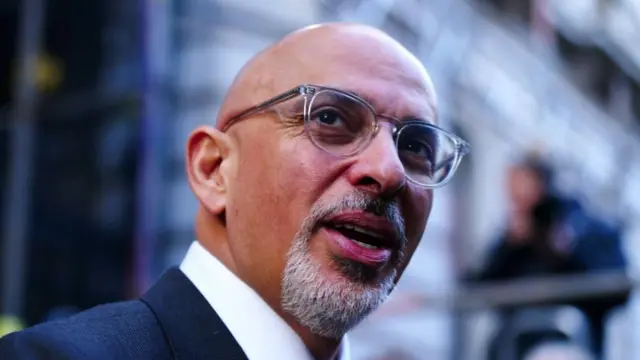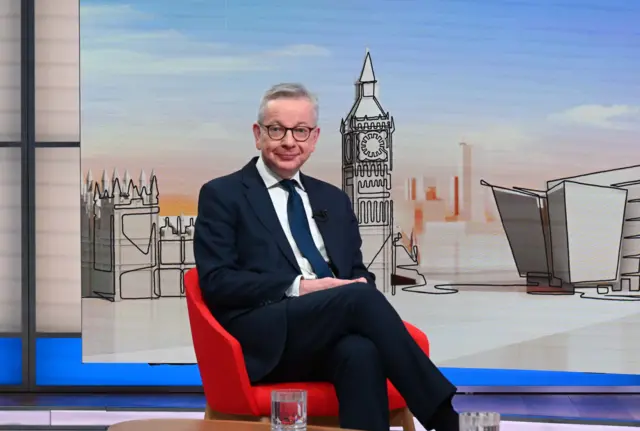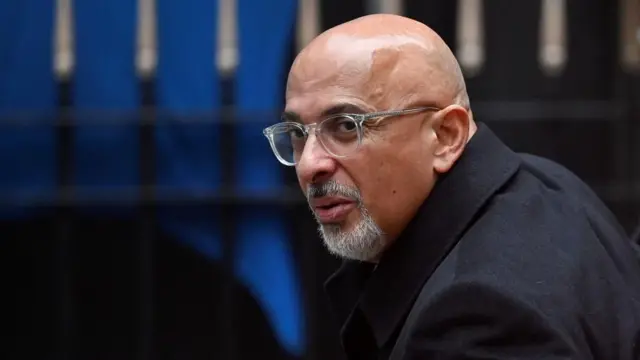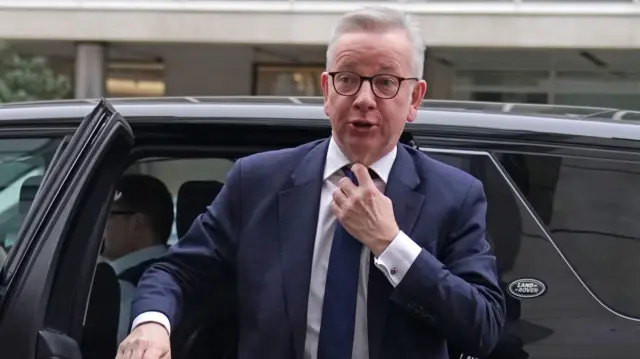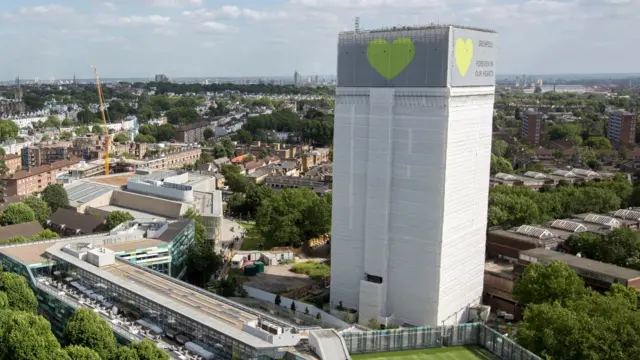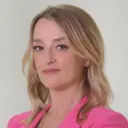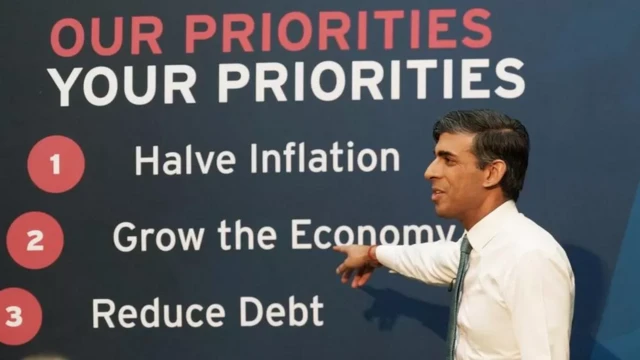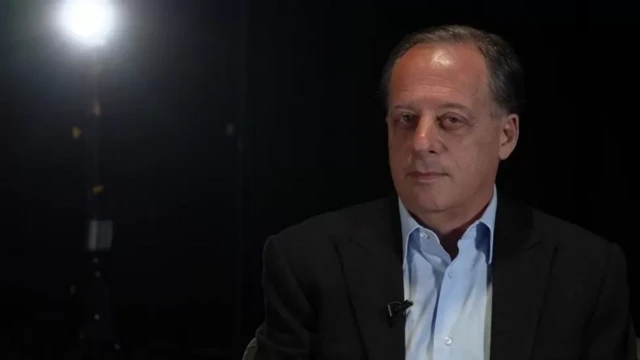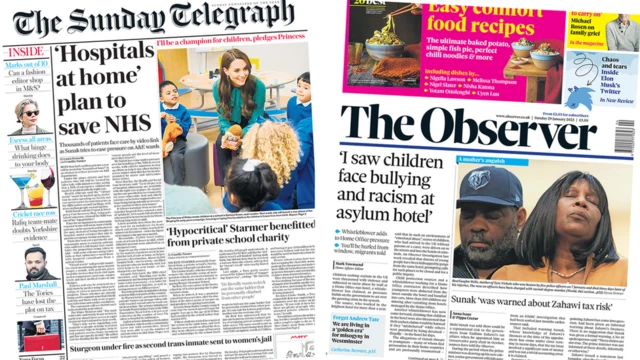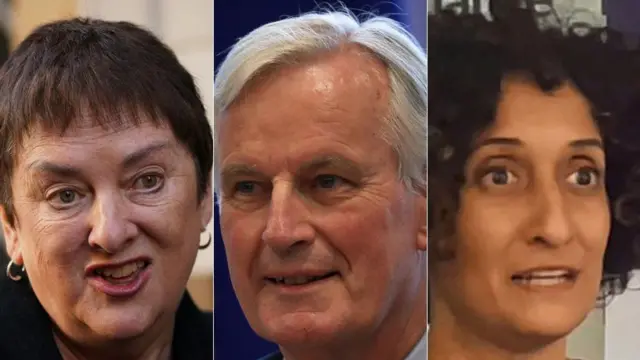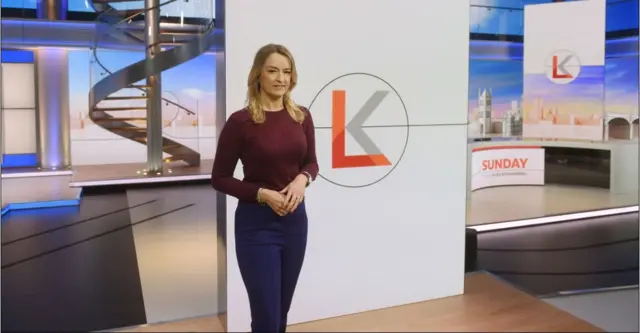Rishi Sunak: Zahawi sacked after 'serious breach of ministerial code'published at 09:22 GMT 29 January 2023Breaking
In his letter sacking Nadhim Zahawi, PM Rishi Sunak said the Tory chair had committed a "serious breach of the Ministerial Code".
Sunak launched an independent ethics inquiry after it emerged that Zahawi had paid a penalty to HMRC over his taxes when he was chancellor.
That inquiry has concluded and Sunak is sacking Zahawi as a result of its findings.
Full text of the letter to follow.
